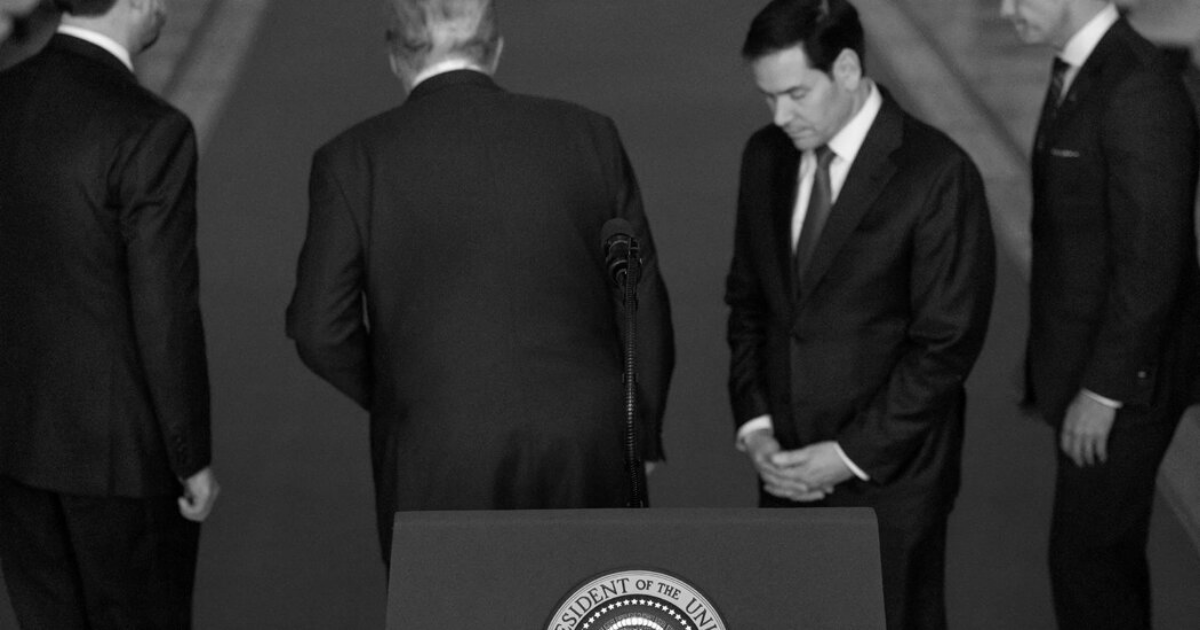For decades, a succession of American presidents pledged that they were willing to use force to prevent Iran from acquiring nuclear weapons. But it was President Trump who, by bombing three of Iran’s key nuclear sites on Sunday morning, was willing to demonstrate that those pledges were not hollow and that Tehran could not simply tunnel its way to a bomb because no country other than Israel dared confront it.
That’s a courageous and correct decision that deserves respect, no matter how one feels about this president and the rest of his policies. Politically, the easier course would have been to delay a strike to appease his party’s isolationist voices, whose views about the Middle East (and antipathies toward the Jewish state) increasingly resemble those of the progressive left. In the meantime, Trump could have continued to outsource the dirty work of hitting Iran’s nuclear capabilities to Israel, hoping that it could at least buy the West some diplomatic leverage and breathing room.
Trump chose otherwise, despite obvious risks. Those include Iranian strikes on U.S. military assets and diplomatic facilities in the region and terrorist attacks against American targets worldwide, possibly through proxies and possibly over a long period. One grim model is the 1988 bombing of Pan Am Flight 103 over Lockerbie, Scotland, which was carried out by Muammar el-Qaddafi’s regime most likely in retaliation for President Ronald Reagan’s 1986 bombing of Libya. In the Lockerbie atrocity, 270 people lost their lives.
But one set of risks must be weighed against another, and there are few greater risks to American security than a nuclear Iran.
The regime is the world’s leading state sponsor of terrorism. It is ideologically committed to the annihilation of Israel and is currently attacking it with indiscriminate missile fire on civilian targets. It is an ally of North Korea, China and Russia — and supplies many of the drones Russia uses to attack Ukraine. It is developing and fielding thousands of ballistic missiles of increasingly greater reach. Its acquisition of a bomb would set off an arms race in the Middle East. And it has sought to assassinate American citizens on American soil. If all this is not intolerable, what is?
Critics fault the administration for its refusal to seek congressional authorization for attacking Iran. But there’s a long, bipartisan history of American presidents taking swift military action to stop a perceived threat without asking Congress’s permission, including George H.W. Bush’s invasion of Panama in 1989 and Bill Clinton’s four-day bombing campaign against Iraq in 1998.
Thank you for your patience while we verify access. If you are in Reader mode please exit and log into your Times account, or subscribe for all of The Times.
Thank you for your patience while we verify access.
Already a subscriber? Log in.
Want all of The Times? Subscribe.
